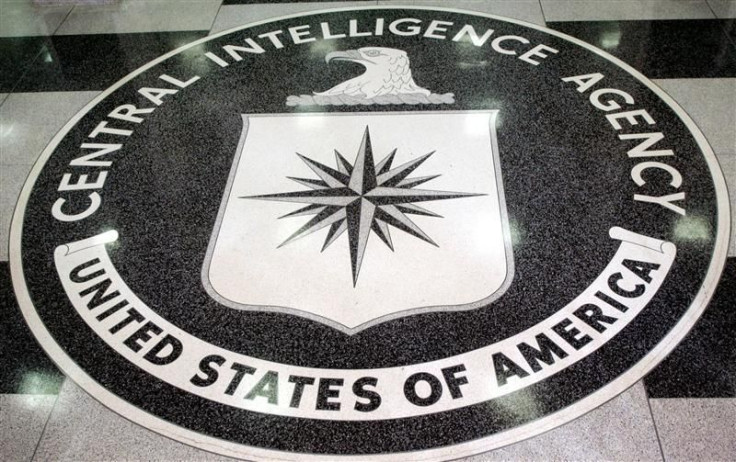US Intelligence Agencies To Be Granted Unlimited Access To Americans' Financial Records: Report

United States intelligence agencies will have unprecedented access to Americans’ financial records after Barack Obama administration officials enact new policies, according to a Reuters report that cited Treasury Department documents on Wednesday.
Legal experts say the proposed plan is legal, although it’s almost certain to draw the ire of privacy advocates in the coming months.
Banks and other financial entities are required to report to the government large money transfers that would qualify as “suspicious customer activity.” The FBI already has jurisdiction over financial records, but, if the new policy is passed, the CIA and NSA will also be granted full access into those databases.
Previously, if a government agency operated an investigation through the Treasury’s Financial Crimes Enforcement Network, or FinCEN, each intelligence agency had to clear its work with the FBI.
Currently, all cash transactions totaling $10,000 or more are reported to the government, which then investigates the transaction for money laundering, counterfeiting, terrorism or a variety of other crimes.
"For these reports to be of value in detecting money laundering, they must be accessible to law enforcement, counterterrorism agencies, financial regulators and the intelligence community," the Treasury planning document stated, according to Reuters.
The plan is said to still be in the “early stages of development,” but opening the flow of intelligence communication naturally has privacy experts on the defensive.
“One of the real pushes from the civil liberties community has been to move away from collection restrictions on the front end and put more limits on what the government can do once it has the information,” Stephen Vladeck, a professor at American University’s Washington College of Law, said.
Other experts told Reuters that U.S. lawmakers have proposed similar plans in the past, but Congress cut funding before they could be carried out.
The news comes after surveillance experts at the NSA raised eyebrows by refusing to answer inquiries from U.S. Senators over how extensive spying on American citizens has been. I. Charles McCullough, the inspector general of the Office of the Director of National Intelligence, said last year that disclosing such information would itself be a violation of privacy.
Wired magazine reported that Senators Ron Wyden and Mark Udall were stonewalled by the spy agency official when they asked him to describe exactly what the NSA has been up to since 2008’s expansion of the Foreign Intelligence Surveillance Act. Wyden complained at the time, although he couldn’t have guessed that his remarks might be just as relevant six months later over financial information.
“If no one will even estimate how many Americans have had their communications collected under this law, then it is all the more important that Congress act to close the ‘backdoor searches’ loophole, to keep the government from searching for Americans’ phone calls and emails without a warrant,” he said.
© Copyright IBTimes 2025. All rights reserved.





















